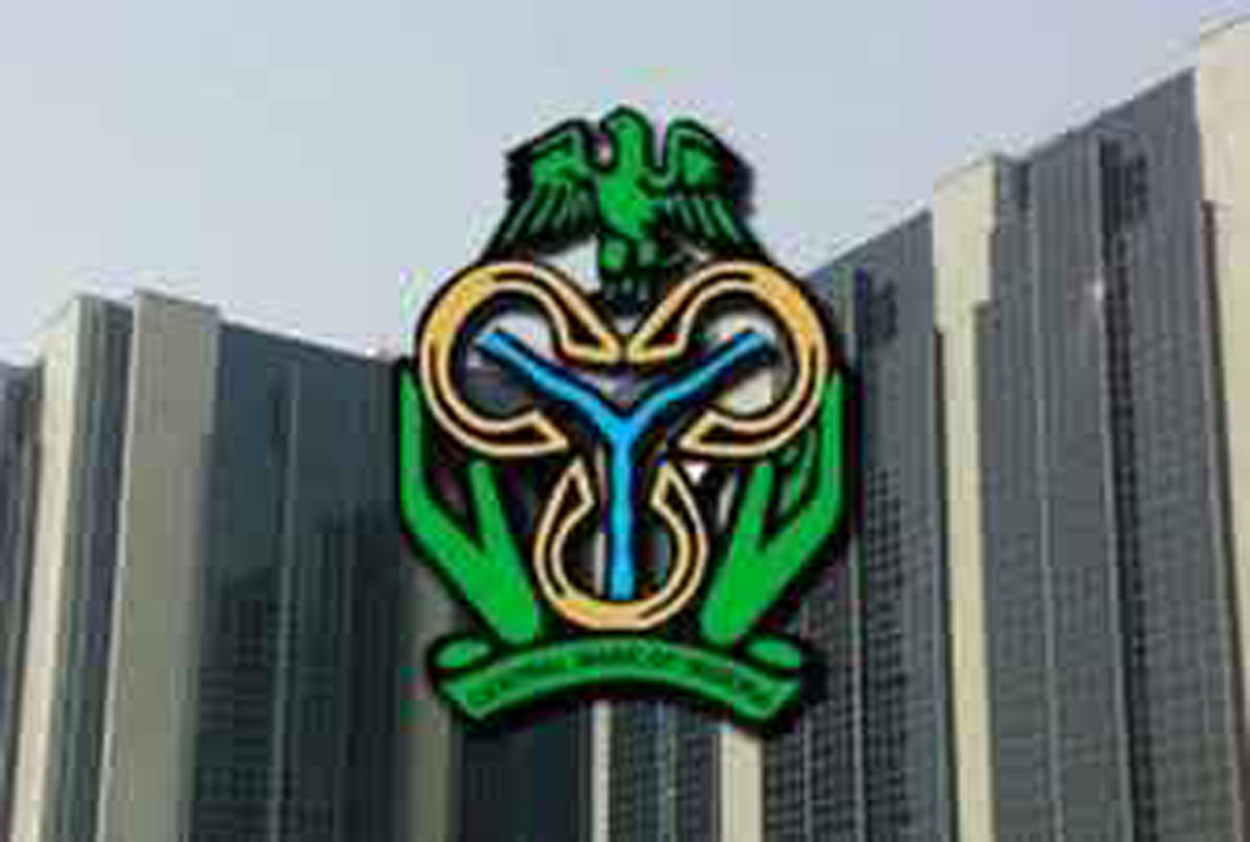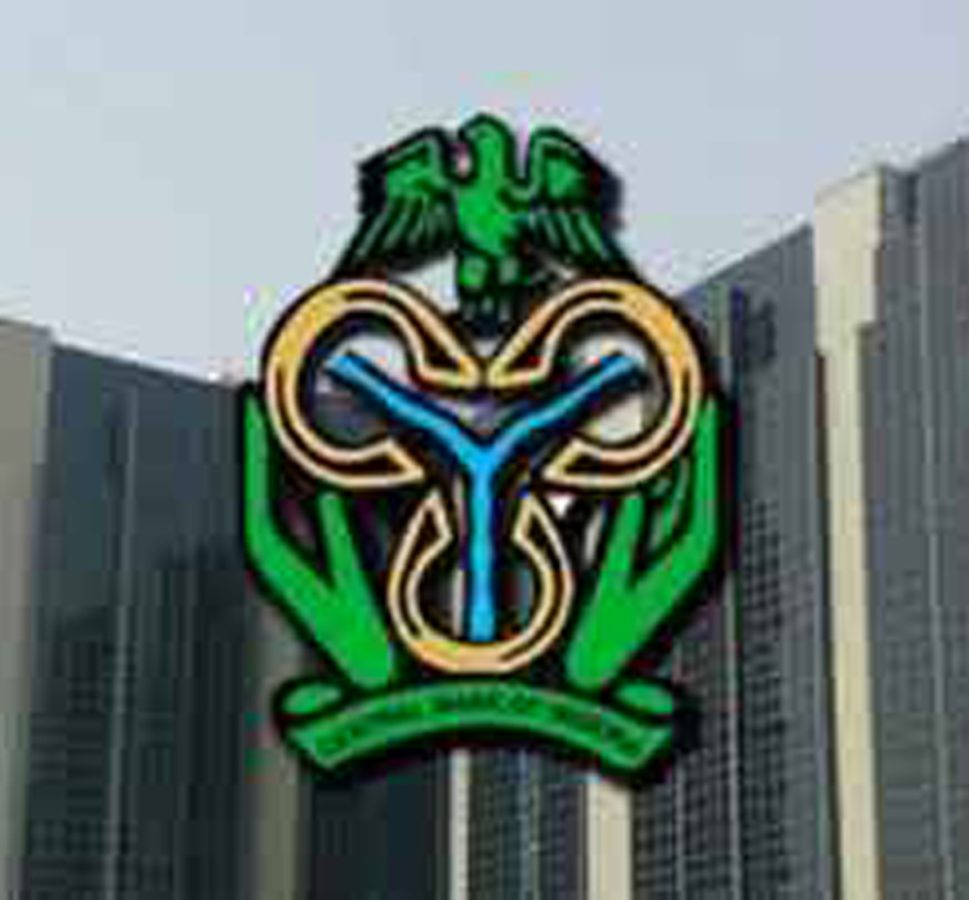
IMPORTERS WITH CHINESE YUAN INVOICES TO PAY LESS
The Central Bank of Nigeria (CBN) – led Bankers’ committee has announced that Importers will pay less if they get Renminbi invoices from Chinese exporters.
In a meeting in Lagos, the committee, comprising commercial and merchant banks’ Chief Executive Officers, said the discount was meant to encourage importers to go for Renminbi instead of dollars. This, it said, will help protect Nigeria’s foreign exchange reserves, which are in dollars.
The CBN was prompted to sign the bilateral currency swap agreement with the People’s Bank of China (PBoC) worth about $2.5 billion, because of the need to keep the naira stable. In local currencies, the swap is worth 15 billion Renminbi (RMB) or N720 billion.
The three-year renewable deal will allow for the direct exchange of RMB and naira for the purpose of trade and direct investment between the two countries.
Stanbic IBTC Bank Managing Director Demola Sogunle, who spoke at the end of the Bankers’ Committee meeting, said: “Specifically on the Renminbi and what is in it for importers, the idea is that the CBN is encouraging importers to receive invoices in Renminbi instead of dollars. And one of the incentives is that there is percentage spread, which is yet to be determined. It is actually given to any importer that is bringing Renminbi invoices for settlement, instead of dollar invoices.”
Such importers will avoid 10 per cent mark-up prices usually associated with dollar importation.
China remains Nigeria’s biggest trading partner. The currency swap deal is expected to help small and medium enterprises grow their businesses.
Sogunle said that in terms of the overall cost, importers who submit Renminbi invoices will pay less. “So, when you look at the overall cost, in terms of naira, if you bring Renminbi invoices, it is going to be cheaper for the importer coming to the CBN to get foreign currency, which in this case will be Renminbi. The importer will have to bring lesser amount of naira. If he goes ahead to bring from the same supplier, based in China and makes the invoice in dollar, it is going to cost more, in terms of the naira amount he is going to use to get the foreign currency,” he added.
The logic is that “if we are able as a country, to bring in machinery and equipment, without depleting the foreign reserves, the external reserves will not be under threat”.
Sogunle also said invoices that are domiciled in Renminbi do not affect the foreign exchange reserves, now at $48 billion.
“And do not forget, let’s link to what we are talking about in terms of external reserves, the external reserves will not be under threat. There is 15 billion Renminbi in place, in this bilateral currency swap. We are in a very good position, and that is why it is important to encourage importers to bring invoices in Renminbi, instead of dollars”.
Also speaking, CBN Director, Banking Supervision, Ahmad Abdullahi, said the drop in inflation rate to 11.61 per cent in May and 448 billion in foreign reserves as well as 2.44 per cent projected Gross Domestic Product (GDP) growth for 2018 are all positive indicators for the economy.
He said the CBN had enough arsenal to keep the naira stable and is prepared to ensure stability in the foreign exchange market.
United Bank for Africa Group Managing Director/CEO Kennedy Uzoka also assured that the CBN was strong enough to keep defending the naira. He said the regulator made it possible for all the banks to sell Personal Travel Allowance and Business Travel Allowance to travellers at all their branches, including persons that do not have bank accounts with the lenders.
“The CBN has been intervening in all the markets and has the capacity to defend the naira,”Uzoka said.
According to the PBoC, the swap is to facilitate bilateral trade, direct investment, and safeguard financial market stability. The trade is expected to reduce the demand for United States dollar by Nigerians importing from China and consequently strengthen the value of the Naira. The deal will reduce certain barriers for Nigerian importers of goods from China and reduce the cost of transactions in multiple currencies.
China has been one of Nigeria’s largest import partners over the last five years, with imports from China accounting for an average of 20.95 per cent of total imports between 2013 and 2017.
Imports from China increased by 21.16 per cent from N1.48 trillion in 2013 to N1.79 trillion in 2017. Nigeria’s exports to China averaged just 1.50 per cent of total exports over the period. Exports to China increased by 28.99 per cent from N171 billion in 2013 to N220.57 billion in 2017.
THE NATION NEWS






